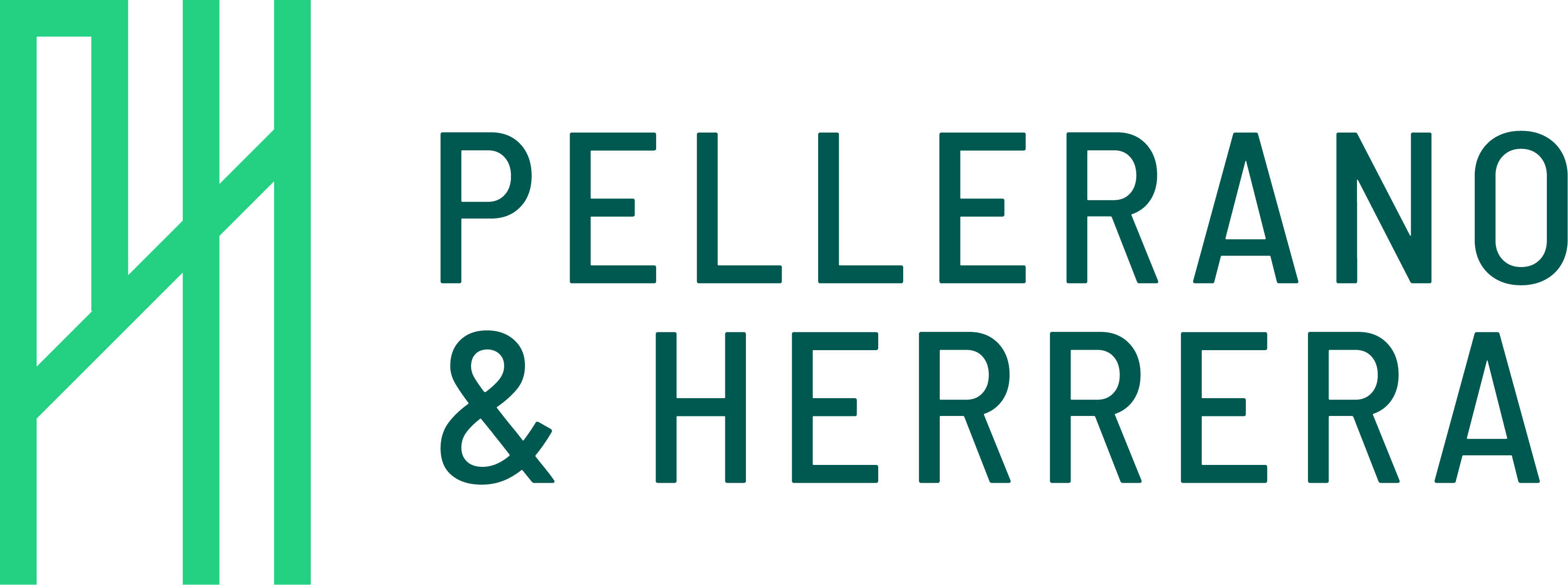Benefits granted by the Dominican Social Security System
The Dominican Social Security System is regulated by Law 87-01, dated May 9, 2001 and by its corresponding regulations for application.
The purpose of granting such law was to create the Dominican Social Security System (SDSS for its Spanish acronym) and to protect and provide benefits to all citizens regarding their health, infancy, maternity, old age, disabilities, and labor risks. In this case, the present article will detail the benefits granted by the Contributive Regimen, for those individuals under a Labor Contract.
Based on what is stated by the law, who has the right to be affiliated to the Dominican Social Security System? All Dominican citizens and legal residents of the Dominican Republic are entitled to be members of the SDSS. Being affiliated to the SDSS is mandatory for all employees registered under the Contributive Regimen. In this regimen both, the employee and the employer must jointly contribute according to the percentages established by the same law, those which are described below), for the Family Health and Elderly Insurance and the Disability and Survival Benefits Insurance (Pension Fund); while, the total contribution for the Occupational Hazard Insurance corresponds to the employer.
Such law also established an exclusive system of affiliation, so all employees would only be affiliated to one Health Risk Administrator (ARS by its Spanish acronym) and contribute to one Pension Fund Administrator (AFP by its Spanish acronym).
The employer, on the other hand, is responsible of registering the employee before the Social Security Treasury (TSS by its Spanish acronym) and contributing and withholding the corresponding amount to be reported before such institution. Nevertheless, freelance employees must pay their contributions directly to the TSS.
What are those benefits? What percentage must the employee and employer cover? Firstly, the Dominican Social Security law establishes that contributions paid by the employee are mandatory in order for them to benefit from the Family Health Insurance. In this sense, such insurance includes all public and privates employees and their dependents with a total contribution of 10.13% from their salary which is covered by both the employee and employer, percentages which are detailed in the table below. For this insurance, the maximum wage contribution shall be the equivalent to 10 minimum wages, where each is equivalent to RD$6,481.00.
Secondly, the Old Age, Disability and Survival Benefits Insurance (Pension Fund) includes all public and private employees with a total contribution of 9.97%, covered by joint contributions between employees and their employers. For the Old Age, Disability and Survival Benefits Insurance the maximum wage applicable is the equivalent of 20 minimum wages.
Lastly, the Labor Risk Insurance serves to prevent and cover for damages labor accidents or professionals illness. This insurance will be financed with an average contribution of 1.2% of the applicable wages and the total contribution must be covered by the employer
A variable rate of up to 0.6%, depending on the field of activity and risk factor of each enterprise must be paid additionally by the employer. The maximum contribution for this insurance is of 4 minimum wages.
The percentages to be paid by employers and employees for the 3 types of insurance mentioned above are described in the chart shown below:
Insurance Employer Employee
Family Health Insurance 7.09% 3.04%
Old Age, Disability and Survival
Benefits Insurance (Pension Fund) 7.10% 2.87%
Labor Risk Insurance A fixed rate of 1% and a variable rate of up to 0.6% 0
In this sense, both the employee and employer are responsible of covering the percentages mentioned above corresponding to each type of insurance. If the employer does not comply with the corresponding obligations mentioned above, or in the event the employer is a victim of any abuse or for denegation of services, the employee has the right to claim before the Direction of Information and Protection of Social Security Affiliates, (DIDA by its Spanish acronym), whose purpose is to promote the Dominican Social Security System, inform the rights and duties of its affiliates, file claims and complaints until these have been resolved, case representation, provide advice to the affiliates regarding the denegation of services or for any other reason established in the law.

